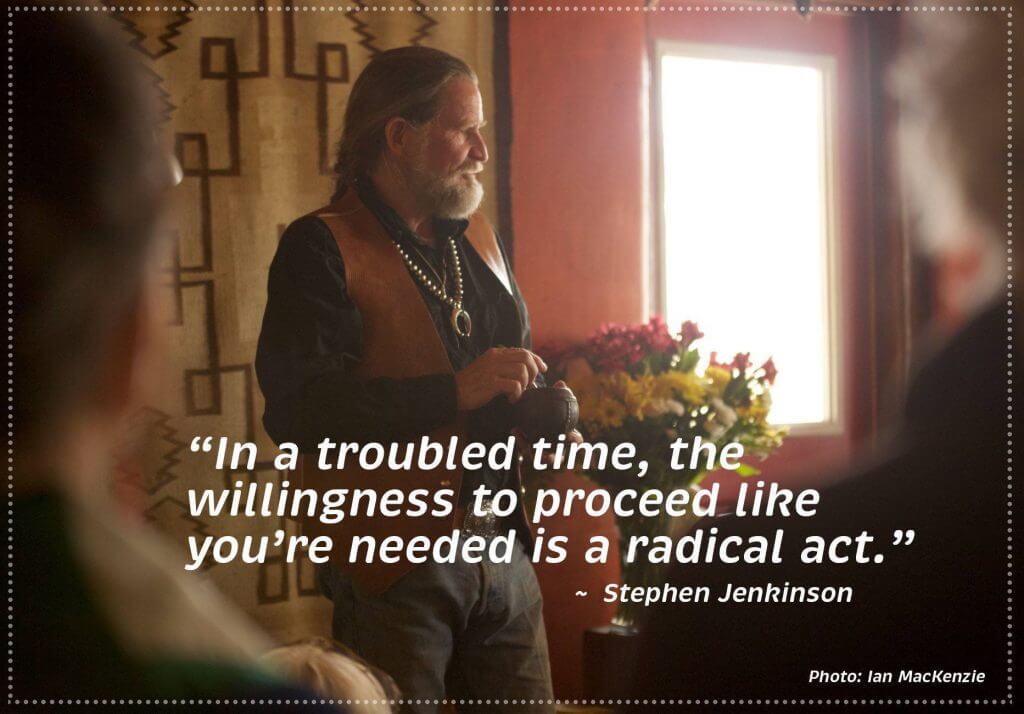BOOKS are as tombstones made by the living for the living, but destined soon only to remind us of the dead. The preface, like an epitaph, seems vainly to “implore the passing tribute” of a moment’s interest. No man is allured by either a grave-inscription or a preface, unless it be accompanied by that ineffable charm which age casts over mortal productions. Libraries, in one sense, represent cemeteries, and the rows of silent volumes, with their dim titles, suggest burial tablets, many of which, alas! mark only cenotaphs—empty tombs. A modern book, no matter how talented the author, carries with it a familiar personality which may often be treated with neglect or even contempt, but a volume a century old demands some reverence; a vellum-bound or hog-skin print, or antique yellow parchment, two, three, five hundred years old, regardless of its contents, impresses one with an indescribable feeling akin to awe and veneration,—as does the wheat from an Egyptian tomb, even though it be only wheat. We take such a work from the shelf carefully, and replace it gently. While the productions of modern writers are handled familiarly, as men living jostle men yet alive; those of authors long dead are touched as tho’ clutched by a hand from the unseen world; the reader feels that a phantom form opposes his own, and that spectral eyes scan the pages as he turns them.
– From Preface to Etidorhpa by John Uri Lloyd

We have spoken of the act of reading (Cosmos Café [7/9] - Reading and the Body) and some have spoken about top five “favorite” books. Each day I know I read and each day I know I forget what has been read. I know that I often discard a thread that could possibly lead somewhere. Sometimes there is a strong inkling to be creative, to take what is read and convert into a magical memory for others to witness. Sometimes we just might wish to share an insightful quote; sometimes we might ask for help with understanding where the author is coming from.
Reading may be our guilty pleasure but I like to think we read not because we cannot do otherwise but because we wish to share this knowledge, spread it like seeds and watch it grow. If it attempts to only grow in the single mind our the self, it is dead on arrival. Or simply expired shelf material. Like those stock piling supposed necessities, are we not doing the same when we read to read? When we hop from one book to the next?
Note bene:
If you think it is not worth your time, remember you do not have to read. Sometimes, for example, I am afraid to post yet another essay, YouTube video, etc. in fear that I may lead you down a rabbit hole that is not worth your time. Here, in this thread, there is no fear of missing out, no need to follow along or grab the next book mentioned. But the books are worth mentioning. Perhaps this thread is for those of us that are not willing or able to participate in the Zoom calls, or when we do and we feel we leave out a chunk of what could have been said, etc.
All of this might just take the magic out of reading and our presentation here on the IC. It might seem too sophomoric or limiting or just not out style (we would have started a thread like this in the past if it was needed., for example) …I see this developing as the Music Cafe thread. Or as @Michael_Stumpf had elegantly displayed through Multiple Metaphors. Post when you feel necessary or not. Don’t expect a response; some of us might be busy reading. I start this thread so it will take a life of its own.




